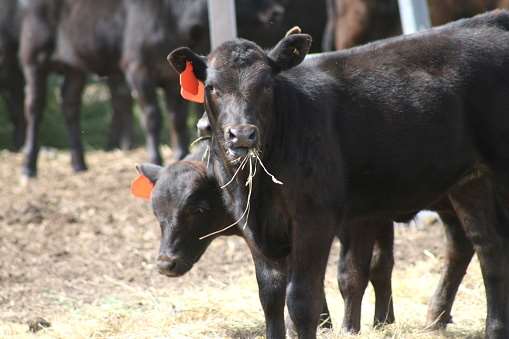Third rabid calf in the area since 2015
By Diego Flammini
Assistant Editor, North American Content
Farms.com
A calf on a Perth County, Ontario beef farm has tested positive for rabies.
According to the Perth District Health Unit, the farm is located in Wallace Ward, north of Listowel. The calf is the third rabid bovine in the area since 2015.
“This positive result continues to remind us that rabies is still present in Perth County,” Dale Lyttle, senior public health inspector, said in a release.
Lyttle said the animal more than likely came into contact with another rabid animal and that the health unit is working with the farmer on the investigation.
According to CBC, OMAFRA confirmed the strain of rabies as the Arctic Fox strain, but isn’t releasing any information about the farm itself.

Maureen Anderson, OMAFRA’s lead veterinarian, told CBC many of the animals that came into contact with the rabid calf are under quarantine for about 40 days.
“The main precaution that’s taken is to make sure that those animals stay in their group and aren’t dispersed or taken off the property or anything like that, and that the group is watched very carefully for any additional animals that might develop signs,” she told CBC.
According to the University of Waterloo, rabies can be present in two forms: “dumb” or “furious.”
Symptoms of the "Dumb" form
- Infected animals may become depressed and retreat to isolated places,
- Wild animals may lose their fear of humans, and
- Animals may show signs of partial paralysis, including dropping head, sagging jaw or paralyzed hind limbs.
Symptoms of the "Furious" form
- Infected animals may show extreme excitement or aggression, gnaw or bite their own limbs,
- May attack stationary objects or other animals, and
- May alternate with periods of depression.
Lyttle told CBC if a person wasn’t involved with the animal[AG4] , generally there’s no risk to humans, but suggests anyone who did have contact with the calf to contact the health unit.